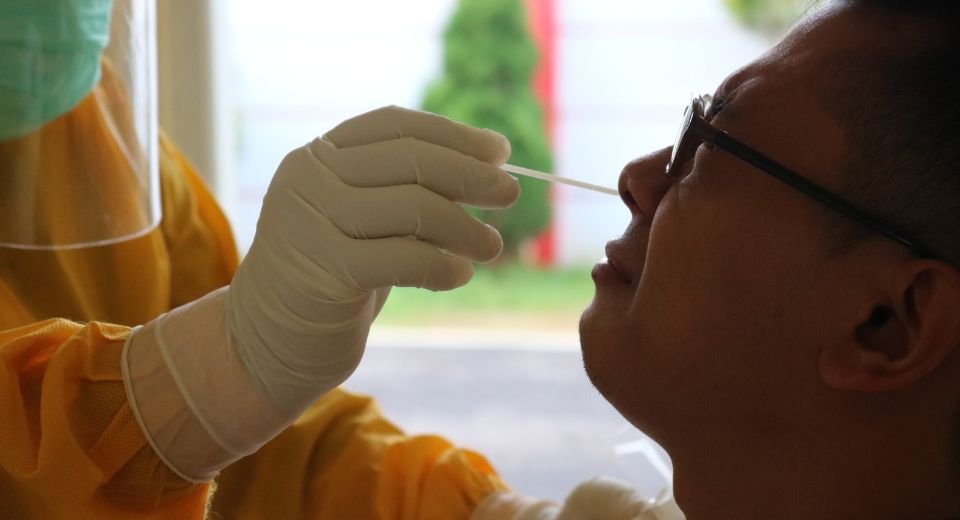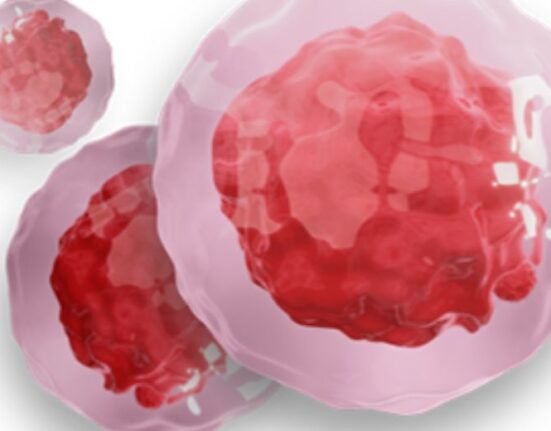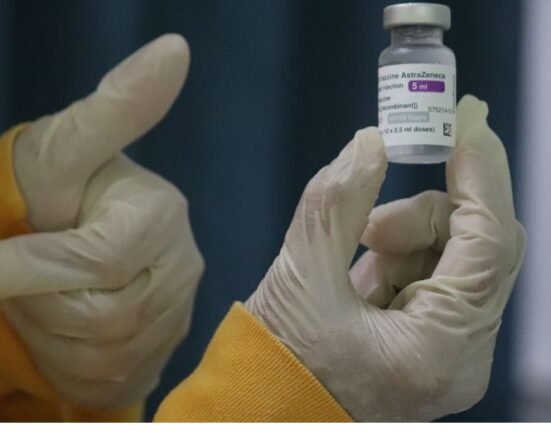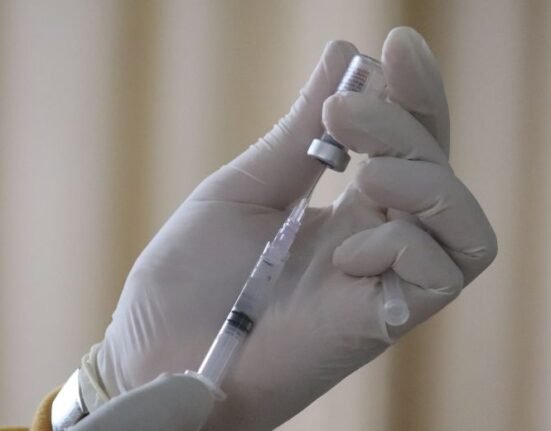HQ Team
September 30, 2025: Scientists from the Perelman School of Medicine at the University of Pennsylvania and Cincinnati Children’s have developed an mRNA vaccine that could prevent allergies, including life-threatening food allergies. The vaccine builds on the technology used in COVID-19 vaccines.
Instead of producing the virus spike protein, it instructs cells to make proteins similar to allergens. This trains the immune system to respond properly when exposed to these allergens naturally.
The vaccine has been tested on mice. Vaccinated mice showed fewer allergic reactions, lower allergy-related white blood cell counts, less lung inflammation, and less mucus compared to non-vaccinated mice. They also produced protective antibodies that helped keep their airways open.
“This is a potential breakthrough for millions of people worldwide who suffer from life-threatening allergies,” said Nobel laureate Drew Weissman, MD, PhD, the Roberts Family Professor in Vaccine Research at Penn and co-lead of the study with Cincinnati Children’s Marc E. Rothenberg, MD, PhD.
mRNA, a flexible alternative
The mRNA allergy vaccine may offer a more flexible alternative to traditional allergy shots, which require frequent dosing. It can potentially be tailored to specific allergens and may also help treat chronic conditions like asthma and celiac disease.
Allergies affect more than 80 million Americans. Symptoms range from mild to deadly. Current treatments often only manage symptoms, requiring patients to avoid triggers. This new vaccine could help people live without constant fear of exposure to allergens.
Researchers are especially hopeful for food allergies, which can cause anaphylactic shock. The vaccine could improve quality of life by reducing the risk of severe allergic reactions. It could also ease concerns for parents of children with allergies during social events.
The study represents a proof-of-concept that mRNA vaccines can be used not only to prevent infectious diseases but also to adjust immune responses in chronic conditions like allergies.
“We saw mRNA vaccines save lives during the pandemic, and as the most-tested type of vaccine in history, we know it’s the safest and most effective vaccine ever created,” said Weissman. “We are deeply committed to continuing to uncover the potential of this technology.”
Clinical trials are planned to test the vaccine’s safety, proper dosage, and how long protection lasts.
The study is published in the Journal of Clinical Investigation.







